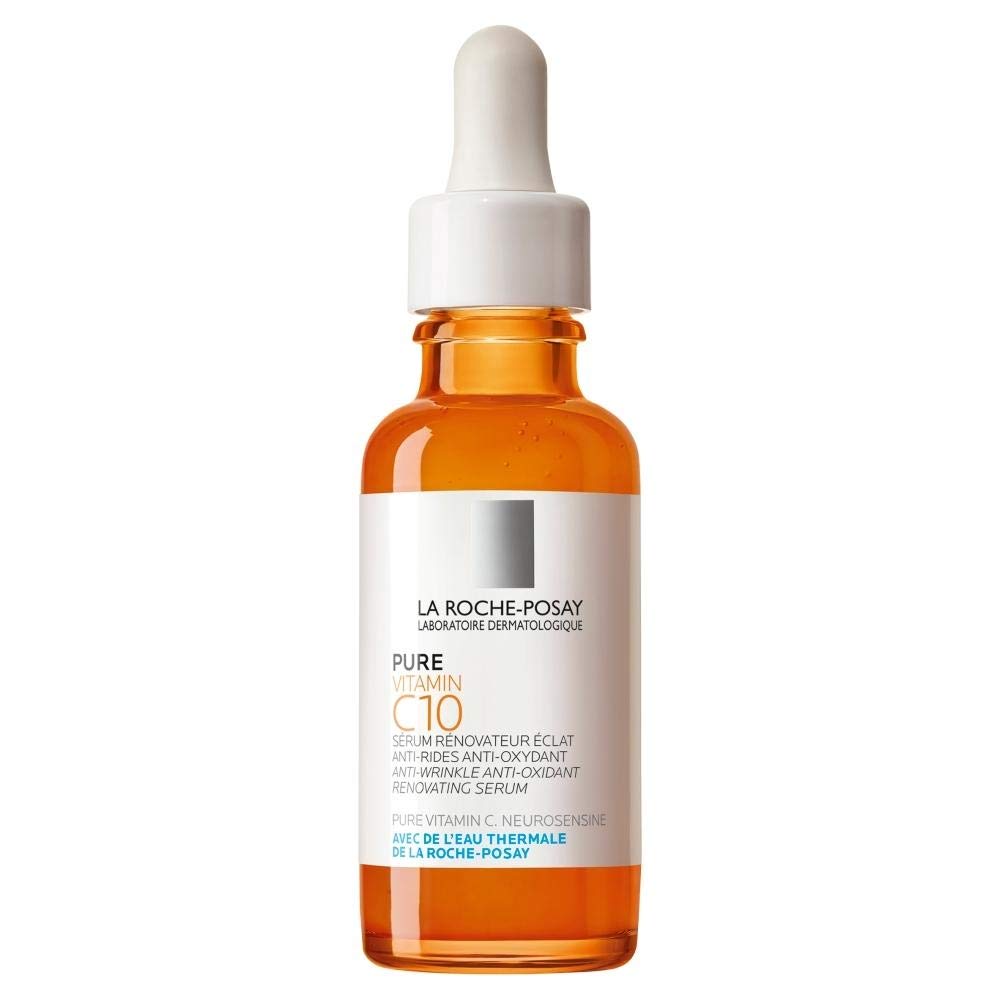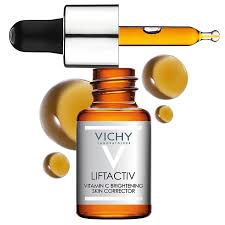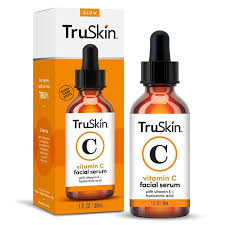Gentle, effective, and dermatologist-approved — discover the top retinol creams that deliver real results without irritation.
✨ Introduction
You’ve seen both on countless bestseller lists: Vitamin C and Hyaluronic Acid. One promises glow and protection, the other deep hydration and bounce. But if you’re trying to simplify your routine or choose the right serum to invest in — which one wins?
Truth is, both ingredients are powerful in their own ways. Vitamin C fights dullness, dark spots, and environmental damage, while Hyaluronic Acid plumps and hydrates thirsty skin. In this guide, we break down their benefits, differences, and how to use them separately — or together — for maximum glow.
🔬 What Does Vitamin C Do?
Vitamin C (ascorbic acid) is a potent antioxidant that:
- Neutralizes free radicals (pollution, UV, blue light)
- Brightens dull skin and fades pigmentation
- Boosts collagen production for firmer skin
- Reduces signs of aging (like fine lines and sun damage)
It’s best used in the morning, under sunscreen, to protect and treat at once.
Best For:
✔️ Uneven skin tone
✔️ Pigmentation / dark spots
✔️ Fine lines + collagen support
✔️ Dull, tired skin
💧 What Does Hyaluronic Acid Do?
Hyaluronic Acid (HA) is a humectant — it draws moisture into the skin and holds up to 1000x its weight in water.
It:
- Provides long-lasting hydration
- Smooths skin texture and plumps fine lines
- Works instantly and is compatible with nearly all other actives
- Strengthens the moisture barrier
It’s great morning or night, and essential for dry, dehydrated, or compromised skin.
Best For:
✔️ Dehydrated or tight-feeling skin
✔️ Fine lines caused by dryness
✔️ Skin barrier support
✔️ All skin types, including sensitive
⚖️ Vitamin C vs Hyaluronic Acid: Key Differences
| Feature | Vitamin C | Hyaluronic Acid |
| Type | Antioxidant + brightener | Humectant (hydrator) |
| Skin Benefits | Brightens, firms, fades spots | Hydrates, plumps, smooths |
| Best Time | Morning (under SPF) | Anytime |
| Combines With | Sunscreen, HA, peptides | Everything (retinol, acids, Vit C) |
| Skin Types | Oily, combo, aging, dull | All, esp. dry or sensitive |
| Potential Side Effects | Tingling, irritation if pH is low | None — generally very safe |
💡 Can You Use Both Together?
Yes — and you should!
Vitamin C works on long-term skin tone and firmness, while HA gives immediate plumpness and hydration. Together, they:
- Enhance absorption of each other
- Reduce irritation from actives
- Deliver both instant and lasting results
Layering Tip:
- Cleanser
- Vitamin C serum
- Hyaluronic Acid serum
- Moisturizer
- Sunscreen (AM only)
🧴 Best Vitamin C + Hyaluronic Acid Serums on Amazon
1. La Roche-Posay Pure Vitamin C10 Serum

Why It’s Worth It:
This gentle formula pairs 10% pure Vitamin C with salicylic acid and HA to exfoliate, brighten, and hydrate in one step.
| 👍 Pros | 👎 Cons |
| Brightens and smooths skin | Slight fragrance |
| Great for beginners | May not fade deeper spots |
| Works well under makeup | Slight tingling if used after acids |
Backed by:
✅ Dermatologist-tested
✅ Over 12,000 reviews
✅ Visible glow in 2–3 weeks
2. Vichy LiftActiv Vitamin C Brightening Skin Corrector

Why It’s Worth It:
With 15% Vitamin C and HA, this lightweight serum delivers firmer, more luminous skin without irritation.
| 👍 Pros | 👎 Cons |
| Fast-absorbing, no stickiness | Bottle is small (10ml) |
| Noticeable glow in days | Must use quickly after opening |
| Works well with sunscreen | Not ideal for very dry skin alone |
3. TruSkin Vitamin C Serum

Why It’s Worth It:
Affordable and effective, this plant-based serum includes Vitamin C, HA, Vitamin E, and aloe for soothing hydration and brightening.
| 👍 Pros | 👎 Cons |
| Great for all skin types | Takes time to see brightening |
| Non-sticky, clean ingredients | Mild scent |
| Budget-friendly + cruelty-free | Less potent than medical-grade formulas |
✨ Final Verdict: Which One’s Better?
If you’re targeting dark spots and firmness → Go for Vitamin C
If you’re dry, sensitive, or new to skincare → Start with Hyaluronic Acid
If you want the best results → Use both. Together. Daily.
They’re not competitors — they’re a power couple your skin will thank you for.

Leave a Reply